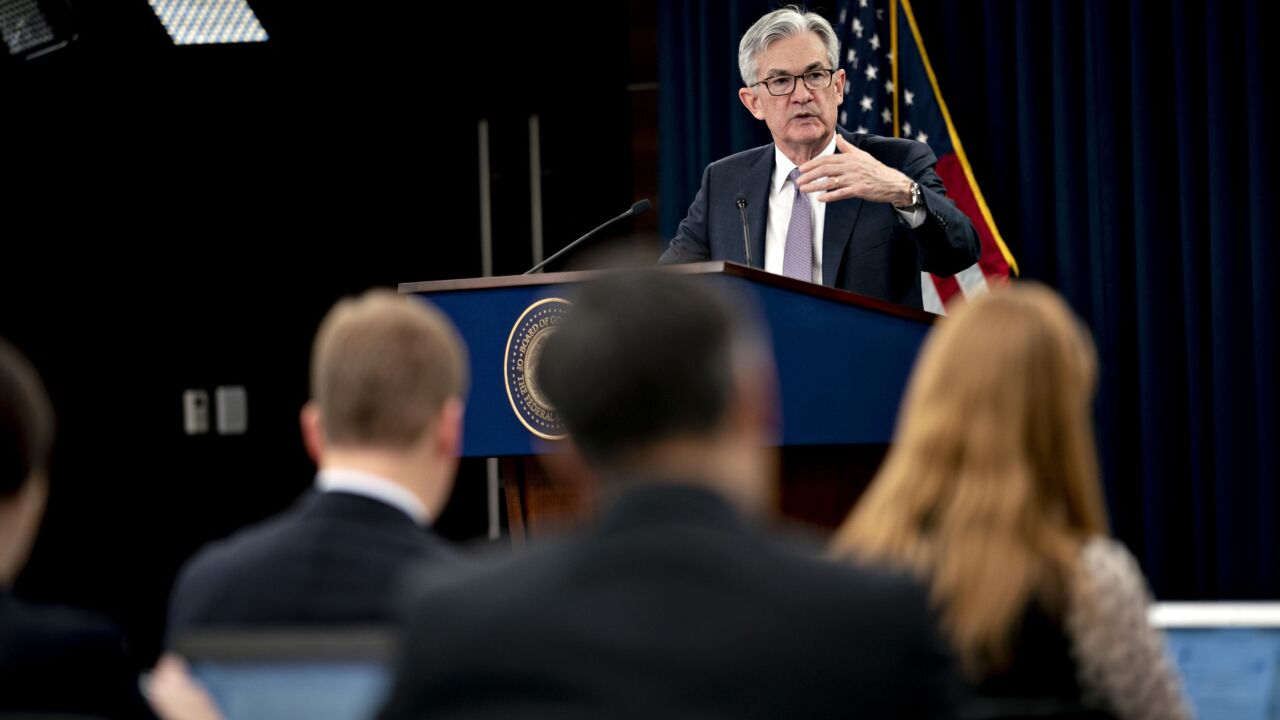When the Chinese banking authorities finish reshaping Jack Ma’s empire, the only thing he may have left is Alipay — which would still be the world’s most popular mobile and online payments app.
After the introduction of new fintech rules and suspension of Alipay operator Ant Group’s proposed IPO this fall, Chinese officials last week told Ma to return the company to its “origins” in payments, which could imply getting away from the consumer loans and wealth management services that have contributed to its recent soaring revenues.
The IPO — which was expected to lift Ant’s valuation to $300 billion — is off the table and Ma’s net worth has fallen $12 billion in just two months from his peak of $62 billion earlier this year as he faces ongoing meetings with regulators to comply with new rules that Ma has chafed against.
Although lending has been Ant Group's most lucrative activity, Alipay remains a star within Ma’s empire. With 1.3 billion users worldwide, in just the last few years the Alipay wallet became widely accepted around the world and even played a role in helping to control the spread of coronavirus in China by transmitting the government’s quarantine guidelines to infected individuals early in the pandemic.

But part of the reason Alipay achieved its vast scale was its role as a streamlined payment method for Alibaba, the e-commerce conglomerate Ma founded in 1999. The Chinese government now wants to pry the two entities apart; China is simultaneously investigating Alibaba for suspected "monopolistic" practices.
“Many have hailed Alipay’s platform and powerful ecosystem of financial services, but we can expect the nonpayments businesses to take a big hit and likely shrink,” said Eric Grover, a principal with Intrepid Ventures LLC, who suggested earlier this year
If Ant is forced to separate Alipay from Alibaba, along with Ant's various financial services including consumer lending and wealth management, Alipay may lose some of its own momentum, Grover said.
“Alibaba will likely be prevented from demanding exclusive relationships with sellers on its platform, and as a result both Alibaba and Ant will be less valuable,” he said.
It remains unclear exactly how far Ma will be required to go in downsizing Ant’s ancillary financial services, but untangling Alipay from Ant’s broader operations could be complicated because of its ubiquity.
The Chinese government seems most interested in restricting Ant's consumer lending, ordering Ant to “strictly rectify illegal credit, insurance and wealth management financial activities.”
Lending and wealth management this year accounted for about 40% of Ant Group’s revenue, according to IPO documents.
Ant was instructed to create a separate holding company for the group’s financial operations. This group would be regulated by the People’s Bank of China.
Limitations of the new structure include capital restrictions, and Ant Group said in a statement it would create a “rectification working group” to carry out the changes.
Ma is Ant Group’s major shareholder, and Alibaba controls about a third of Ant Group’s shares.
Other technology companies are concerned about the new rules, and stock values for rivals such as Tencent have declined since Ant began its rapid descent.
Investors were shocked when Ant’s IPO evaporated, but longtime observers of the Chinese government weren’t completely surprised, especially after Ma openly criticized the country’s banking regulations in a high-profile speech in October.
“Jack Ma had enjoyed a fair amount of latitude from the regime due no doubt to his enormous success and celebrity, and while frustrated with and resisting efforts to tighten regulation, he didn’t cross the line until October,” Grover said.
China’s moves will send a powerful message to China’s other tech titans that Beijing is their master, Grover said.




